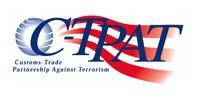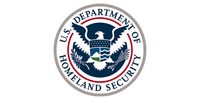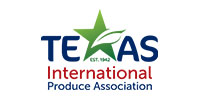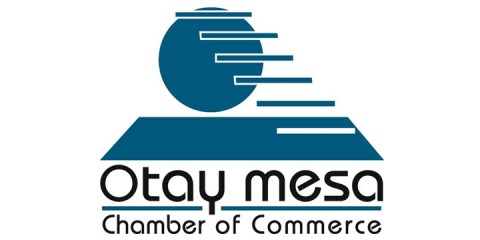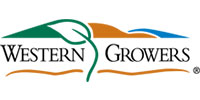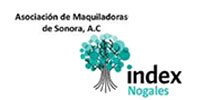Dear Clients & Friends,
On January 10, 2017, the National Organic Program (NOP) hosted a webinar for certifying agents and importers to help them understand the requirement and prepare for its implementation. The webinar helped participants understand each parties’ role in implementing the requirement – providing details of how to request, complete and issue an import certificate.
If you were unable to review the webinar, below please find the link that provides the complete presentation that was conducted on the 10th for your review.
Please note the original implementation date of January 16th, 2017 was postponed in order to help the industry better understand the process. Within the next several months the NOP will be providing an update regarding the implementation date. We will keep you informed as soon as we receive additional information.
Thank you and kindest regards,
https://www.ams.usda.gov/sites/default/files/media/WebinarMexicoImportCertificates.pdf

